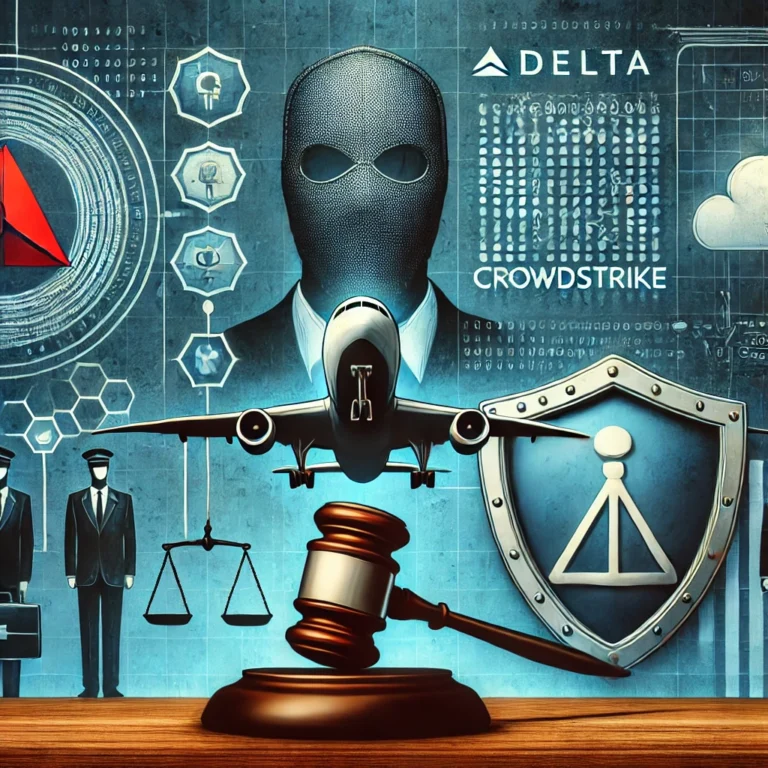In July 2024, Delta Air Lines faced a significant IT outage, resulting in 7,000 canceled flights, disrupted schedules for over a million customers, and an estimated $500 million in losses. Delta blames this massive disruption on CrowdStrike, a cybersecurity firm that allegedly deployed a faulty update without proper testing. Now, Delta’s legal action against CrowdStrike offers Managed Service Providers (MSPs) important lessons on maintaining IT standards, client trust, and robust cybersecurity practices.
Here are five insights MSPs can apply to protect their own service offerings and ensure reliability for their clients:
1. Thorough Testing Prevents Catastrophe
Delta claims that CrowdStrike neglected essential testing procedures before deploying an update, leading to widespread errors. For MSPs, this emphasizes the need for comprehensive testing before implementing changes in a client’s infrastructure. Incorporating phased rollouts and backup options ensures any unforeseen issues are managed quickly and minimizes risk to the client.
2. Rapid Communication is Key During Disruptions
Delta’s response to the outage was hindered by what they felt was a late response from CrowdStrike—more than 65 hours after the incident began. In high-stakes situations, MSPs should prioritize fast and clear communication with clients to keep them informed. Regular status updates and early problem acknowledgment can alleviate client frustrations and reinforce trust.
3. Modernized Infrastructure Aids Resilience
CrowdStrike argued that Delta’s outdated infrastructure was a factor in the prolonged recovery time. MSPs should take this as a reminder to guide clients toward up-to-date IT infrastructure that can better handle today’s cybersecurity and operational demands. Encouraging clients to modernize their infrastructure helps them avoid prolonged downtime and bolsters security.
4. Client Relationships Thrive on Accountability
Delta’s lawsuit underscores the importance of accountability in MSP-client relationships. To prevent blame-shifting and strained relationships, MSPs should establish clear service agreements and stay aligned with best practices. This commitment to accountability builds a foundation of trust and reliability in service delivery.
5. Disaster Recovery Plans are Crucial
The Delta outage, impacting millions of passengers, highlighted the importance of having a disaster recovery (DR) plan that can quickly restore essential services. MSPs must prioritize creating tailored DR plans for each client, with clear protocols for minimizing downtime and restoring operations efficiently. Proactive disaster recovery planning prepares MSPs and clients alike to handle incidents with minimal disruption.
Building Trust and Reliability in MSP Services
Delta’s legal dispute with CrowdStrike serves as a critical reminder for MSPs to maintain the highest standards of client communication, cybersecurity testing, and preparedness. By following these insights, MSPs can safeguard their service quality and strengthen client relationships, helping them avoid similar pitfalls in their own operations.
The lessons from Delta’s experience with CrowdStrike emphasize a proactive approach to cybersecurity, infrastructure modernization, and client support. As MSPs continue to play a vital role in today’s tech-driven world, these insights help establish MSPs as reliable partners committed to their clients’ long-term success and resilience.
Related Blogs:
How Nvidia’s Antitrust Probe Affects MSPs: 5 Key Points
Bluetooth 6.0: 5 Ways It Will Enhance MSP Tracking Solutions
How Hyperautomation Can Transform Your MSP: Key Takeaways from Os Hoque

